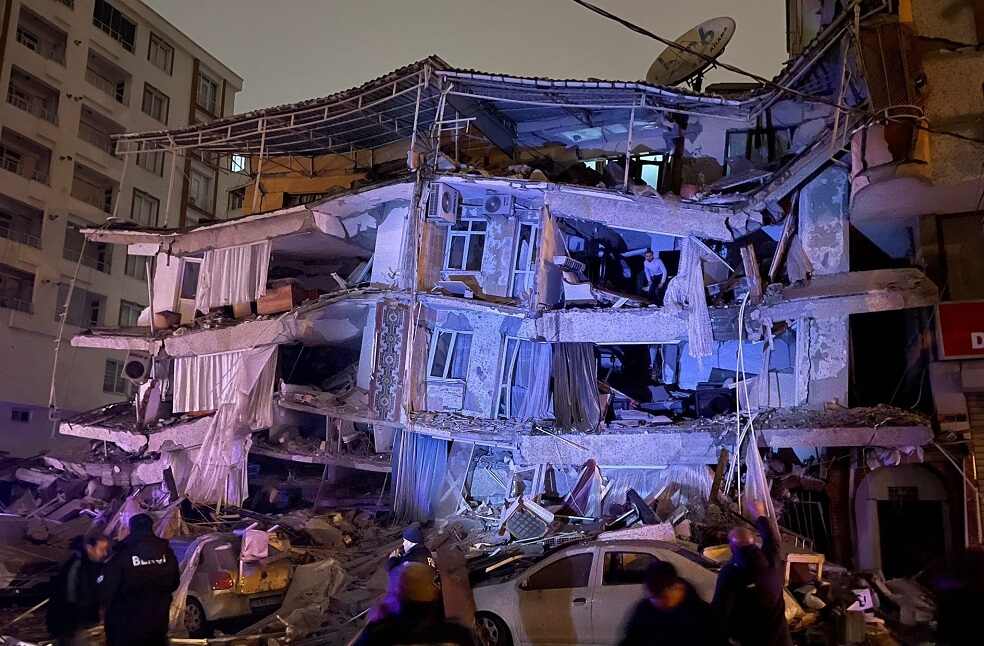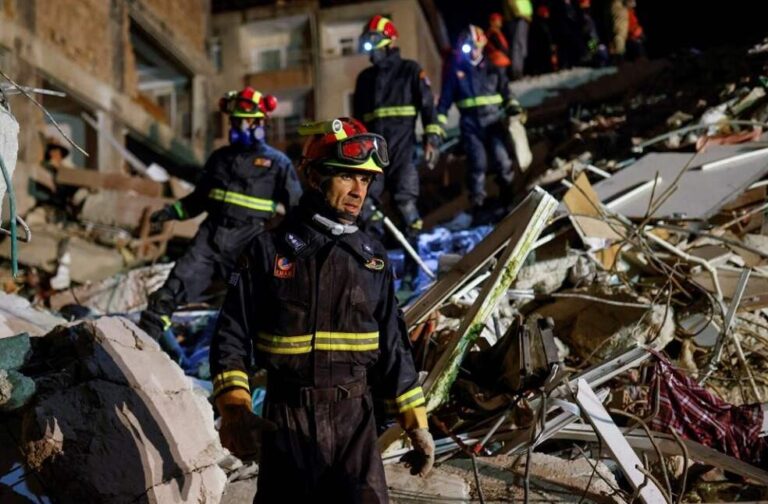Turkey: The Turkish Disaster and Emergency Management Administration (AFAD) reports that search and rescue activities have come to an end in the majority of regions about two weeks after this month’s deadly earthquakes in Turkey and Syria.
A magnitude 7.8 earthquake that also hit neighbouring Syria and southeast Turkey killed over 45,000 people, left over a million homeless, and is likely to have a billion-dollar economic impact on 6th February 2023.
More than 5,800 deaths in Syria have been documented, primarily in the northwest. Since several days ago, the amount has not changed. According to the World Health Organization, over 26 million people in Turkey and Syria require humanitarian assistance.

Health officials are worried about the potential spread of infection as a result of the extensive damage to sanitation infrastructure and the absence of clean water in many affected towns, which is causing enormous damage on both sides of the border.
Late last year, a cholera outbreak that had been announced in Syria started to spread throughout the northwest. Aid organizations and medical professionals have warned that the earthquake-related devastation will make the situation worse. Health concerns also exist on the Turkish side, with local medical professionals warning that poor sanitation, unsafe water, and overcrowding in shelters are dangers that could lead to the spread of disease.

The only UN-approved land crossing into this opposition-controlled region where a number of armed groups at war with forces loyal to President Mr. Bashar al-Assad are active took three long days after the earthquake for aid convoys to be able to navigate damaged Turkish roads and pass through the Bab al-Hawa crossing.
Since then, the UN has apologised for the holdup and started utilising two additional border crossings into northern Syria from Turkey. The World Food Programme (WFP) stated that officials in the northwest were obstructing entry to the region, but it appears that there are still other obstacles.



